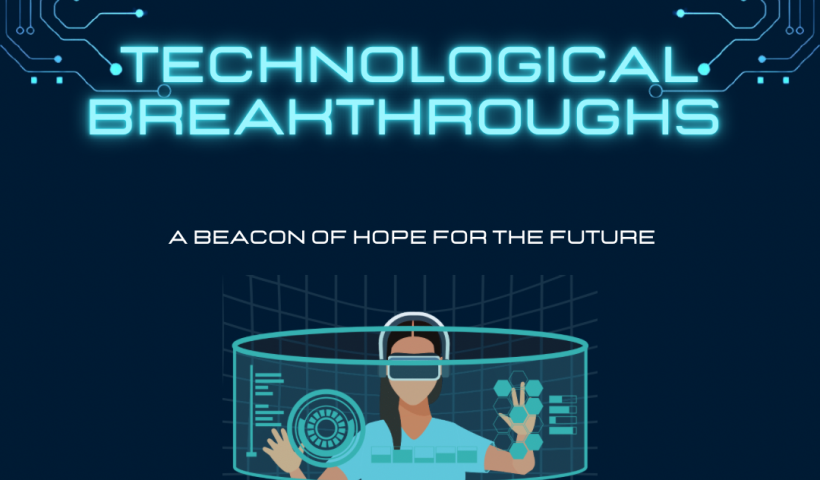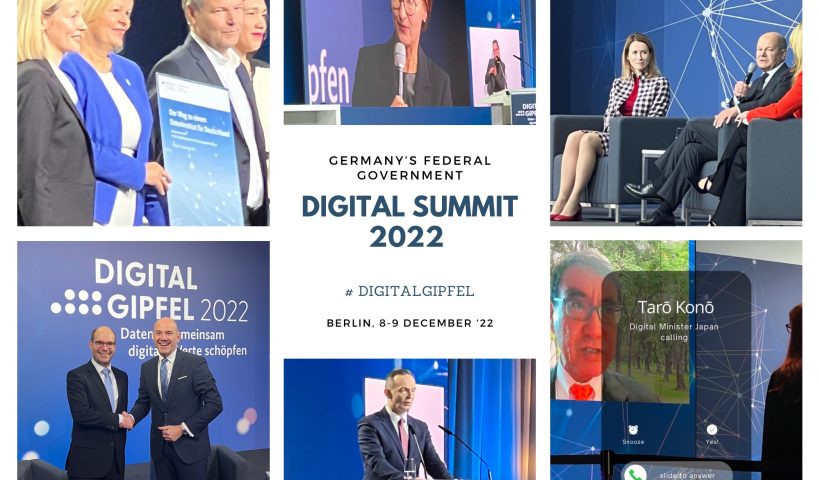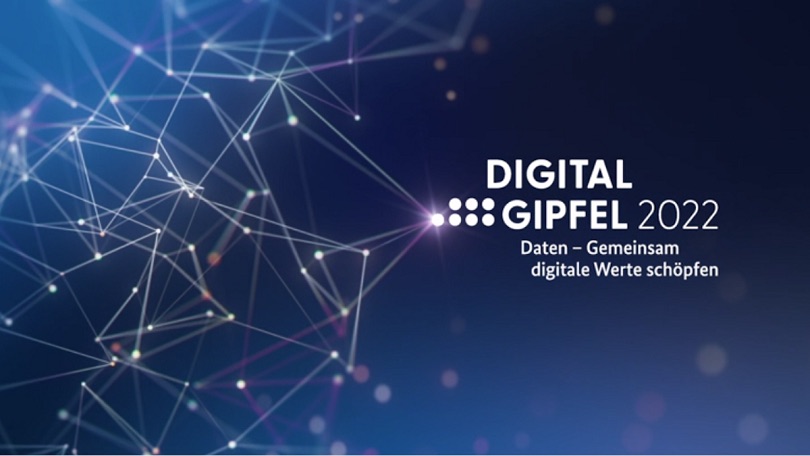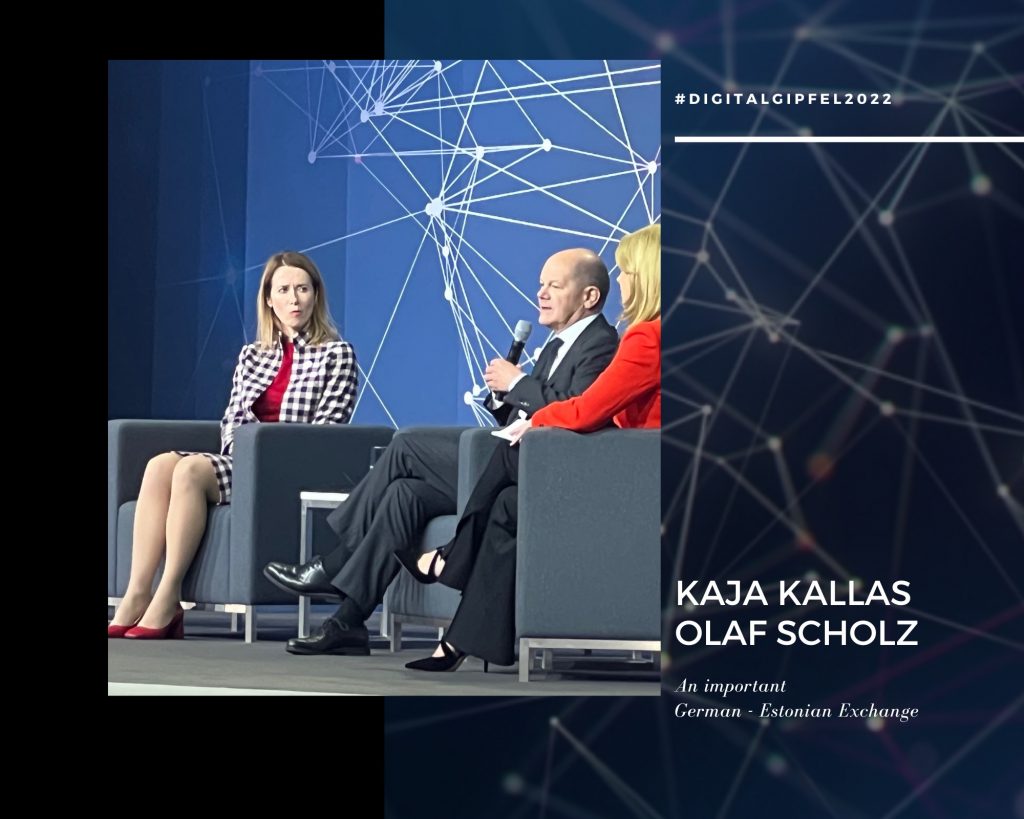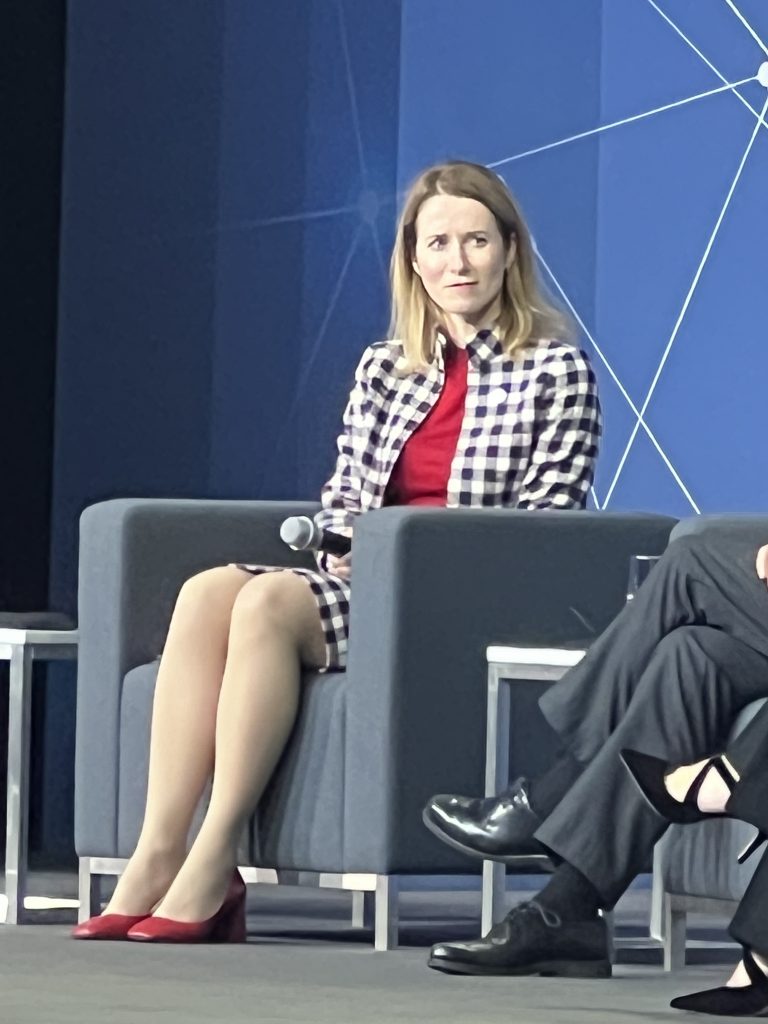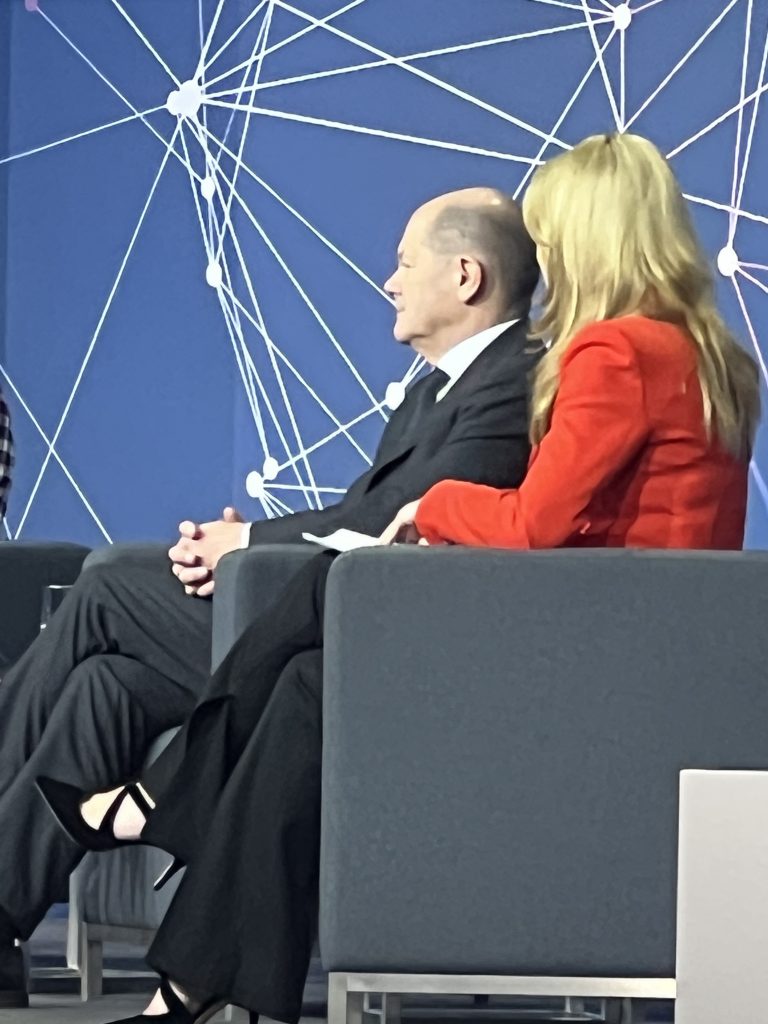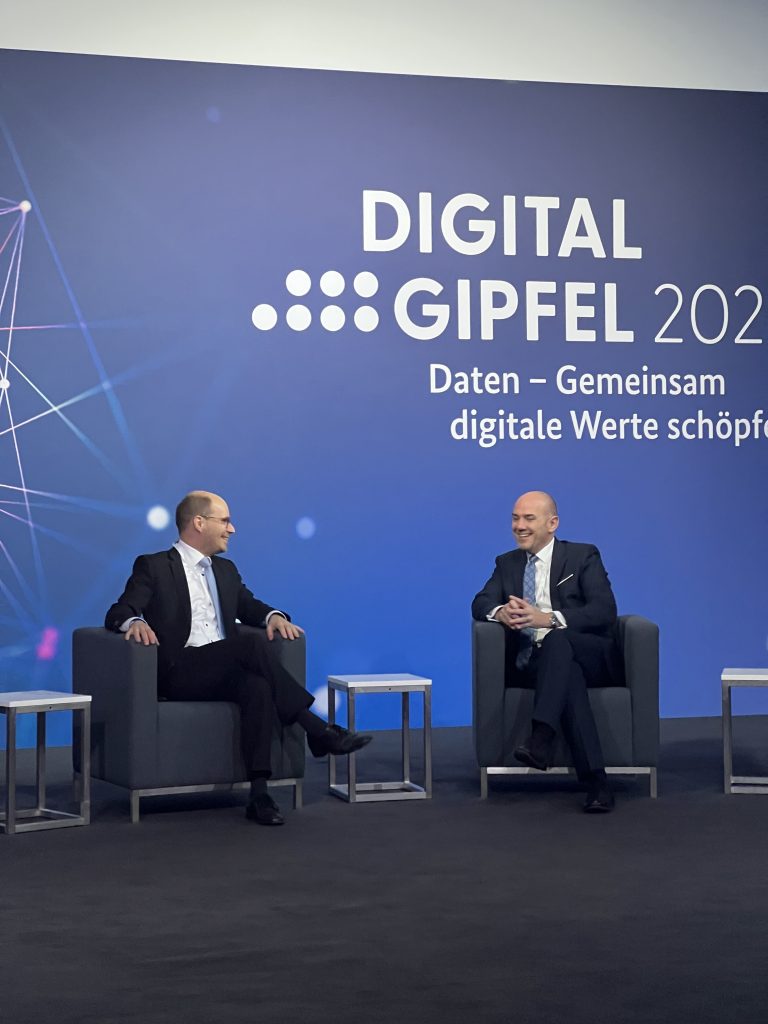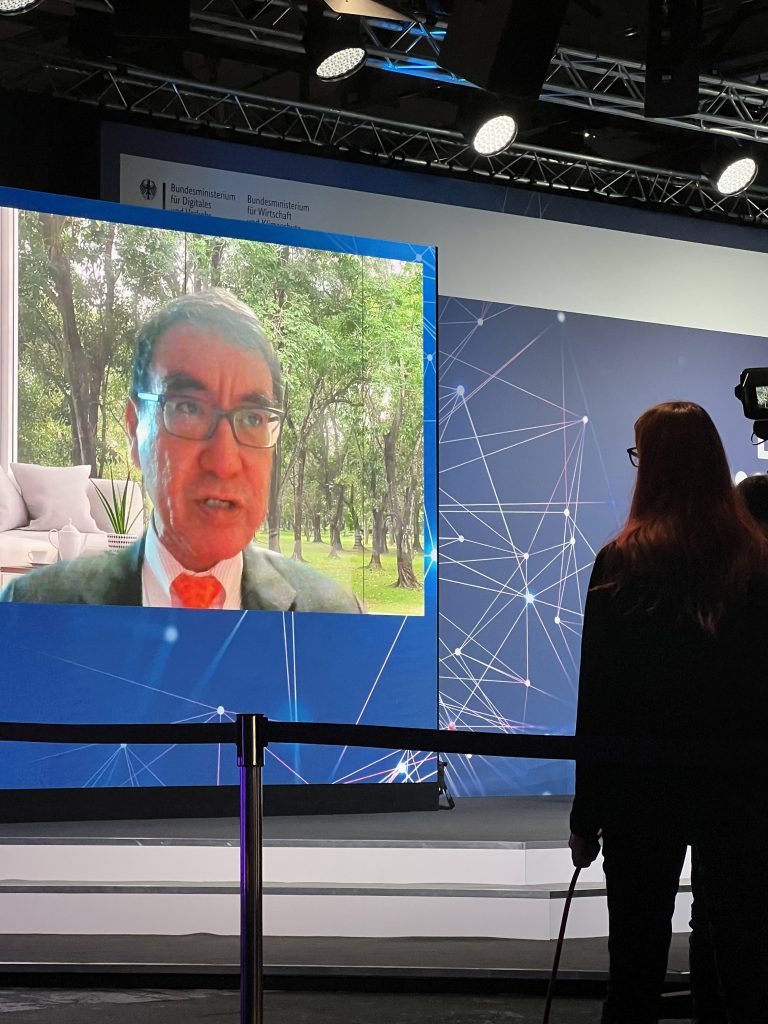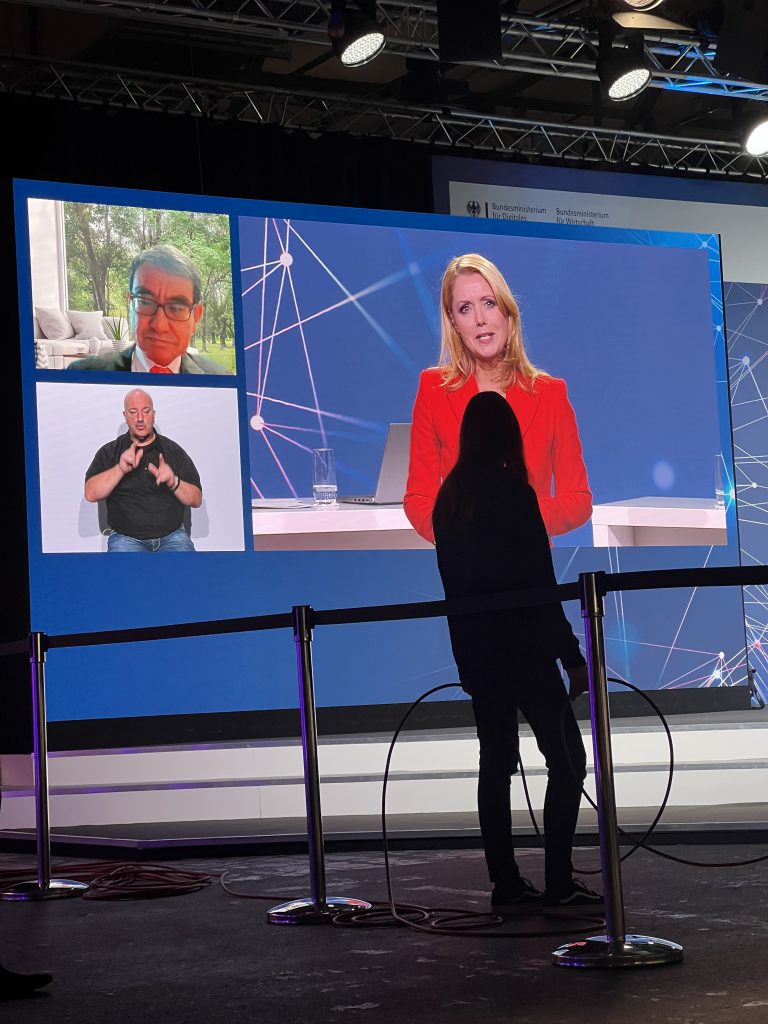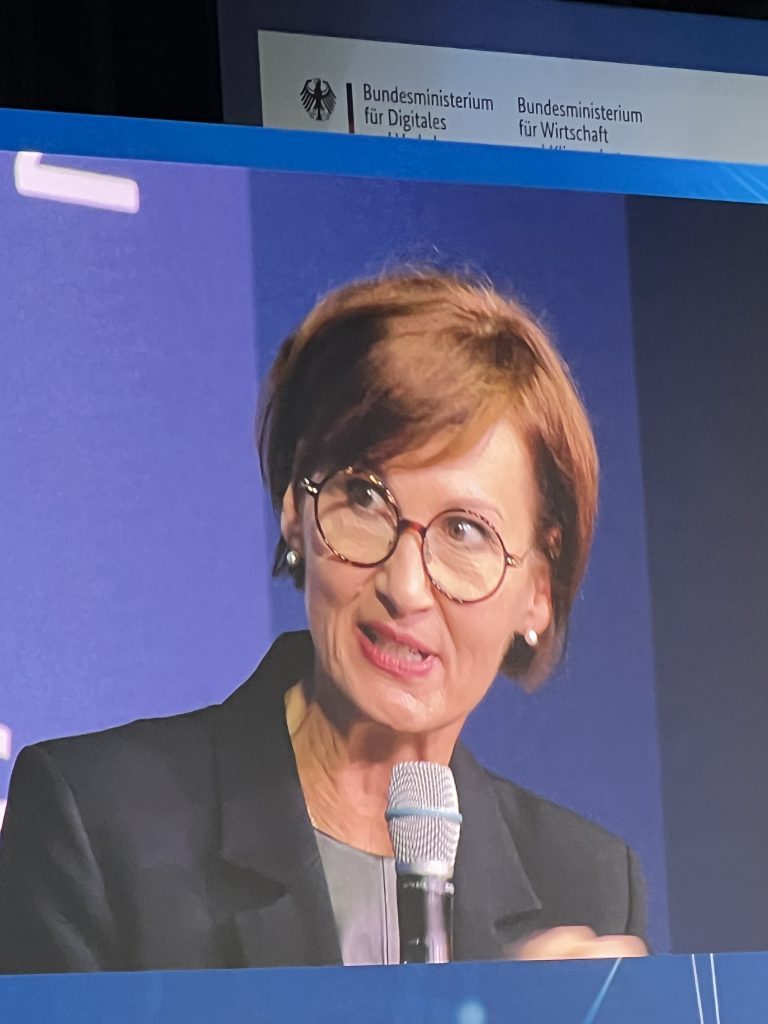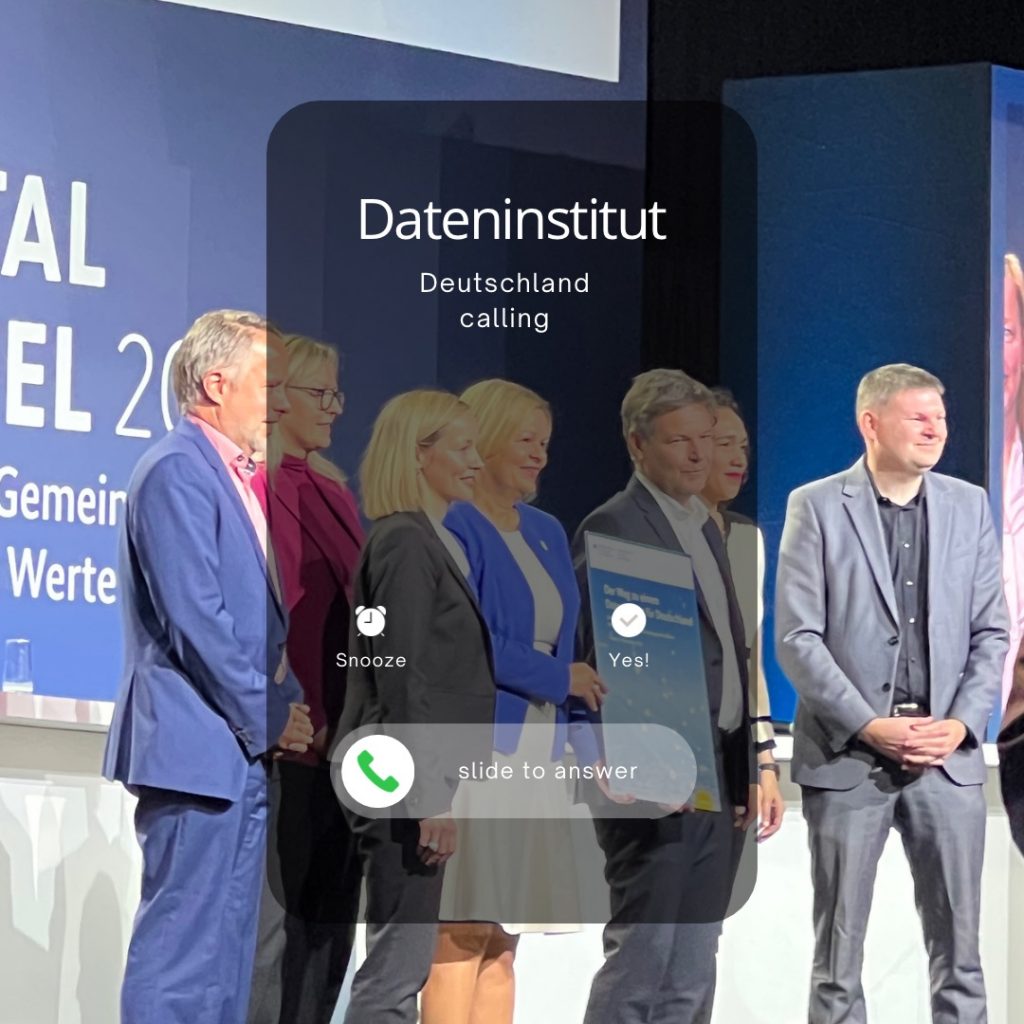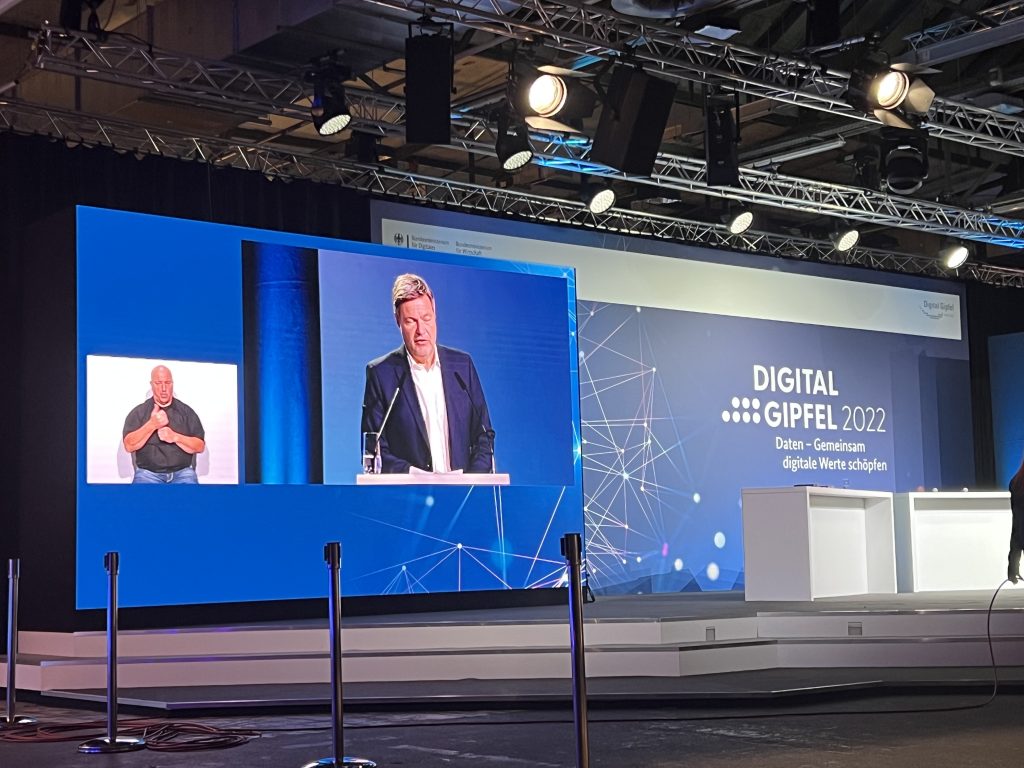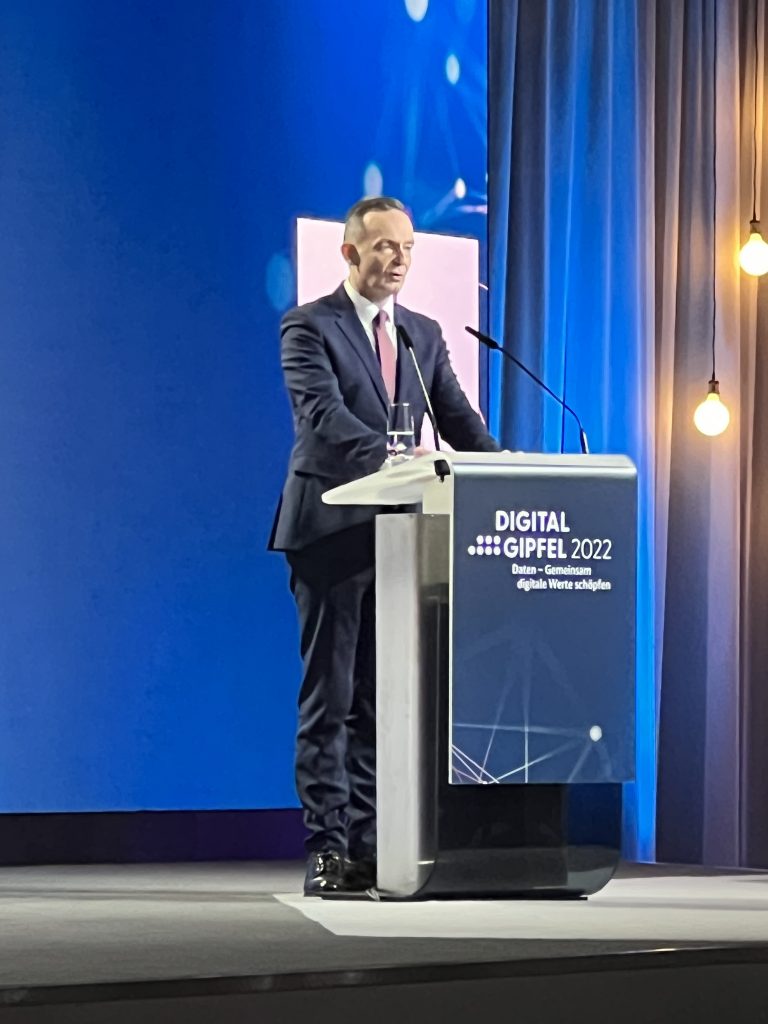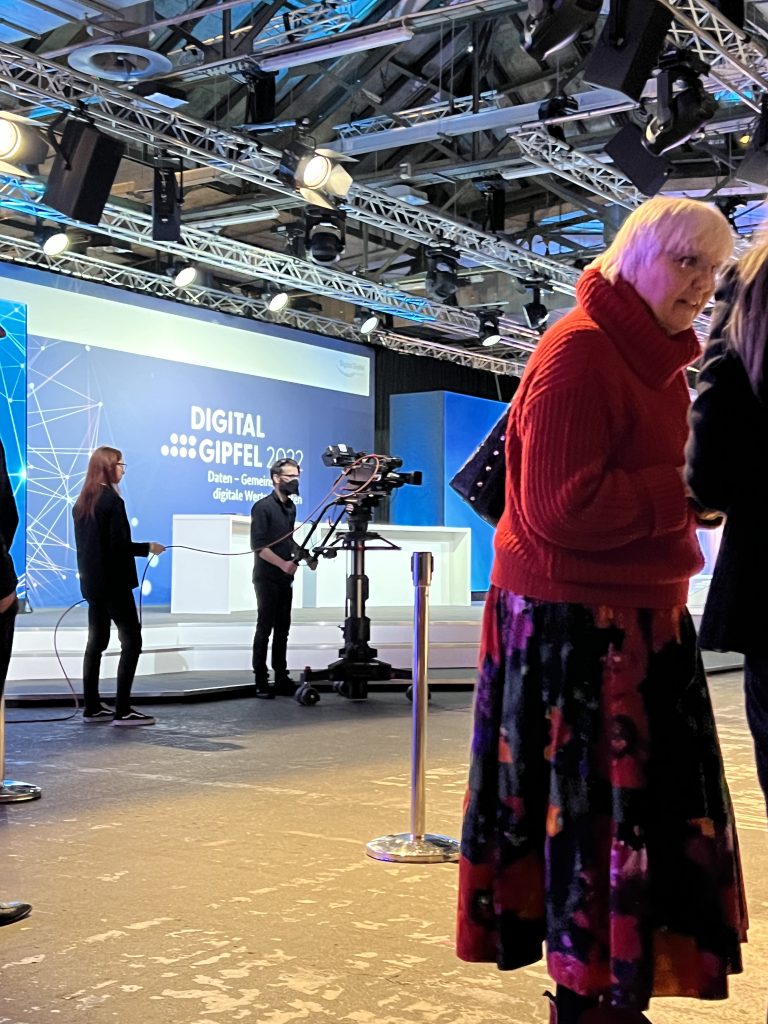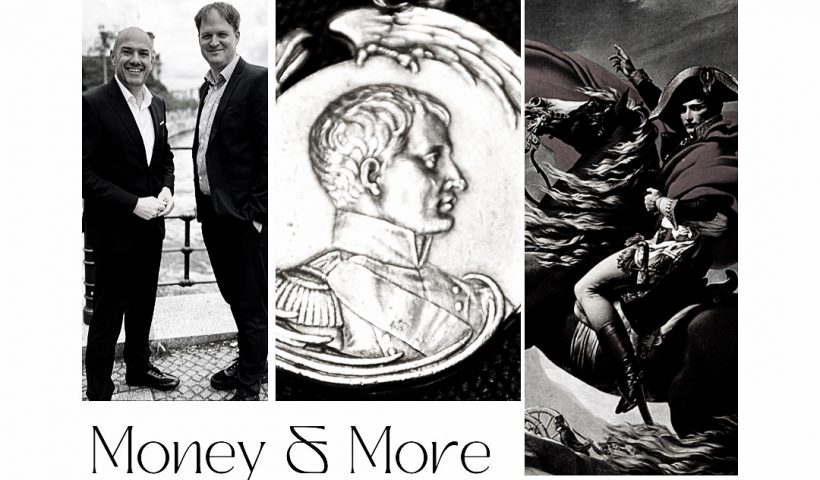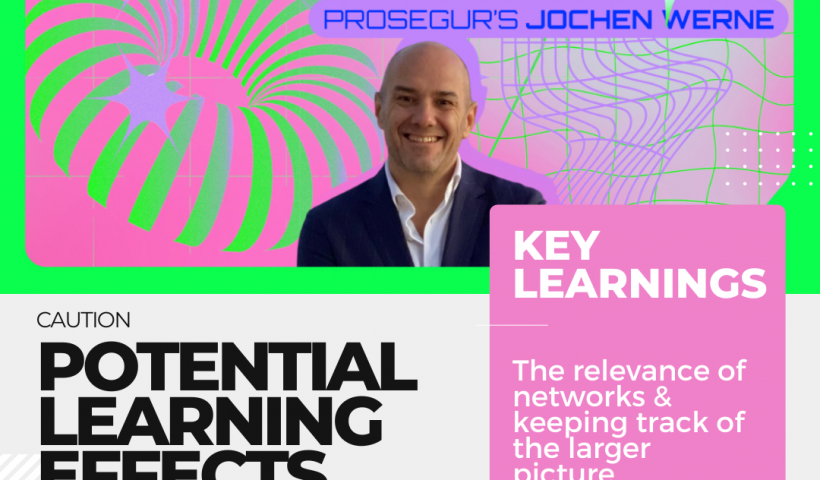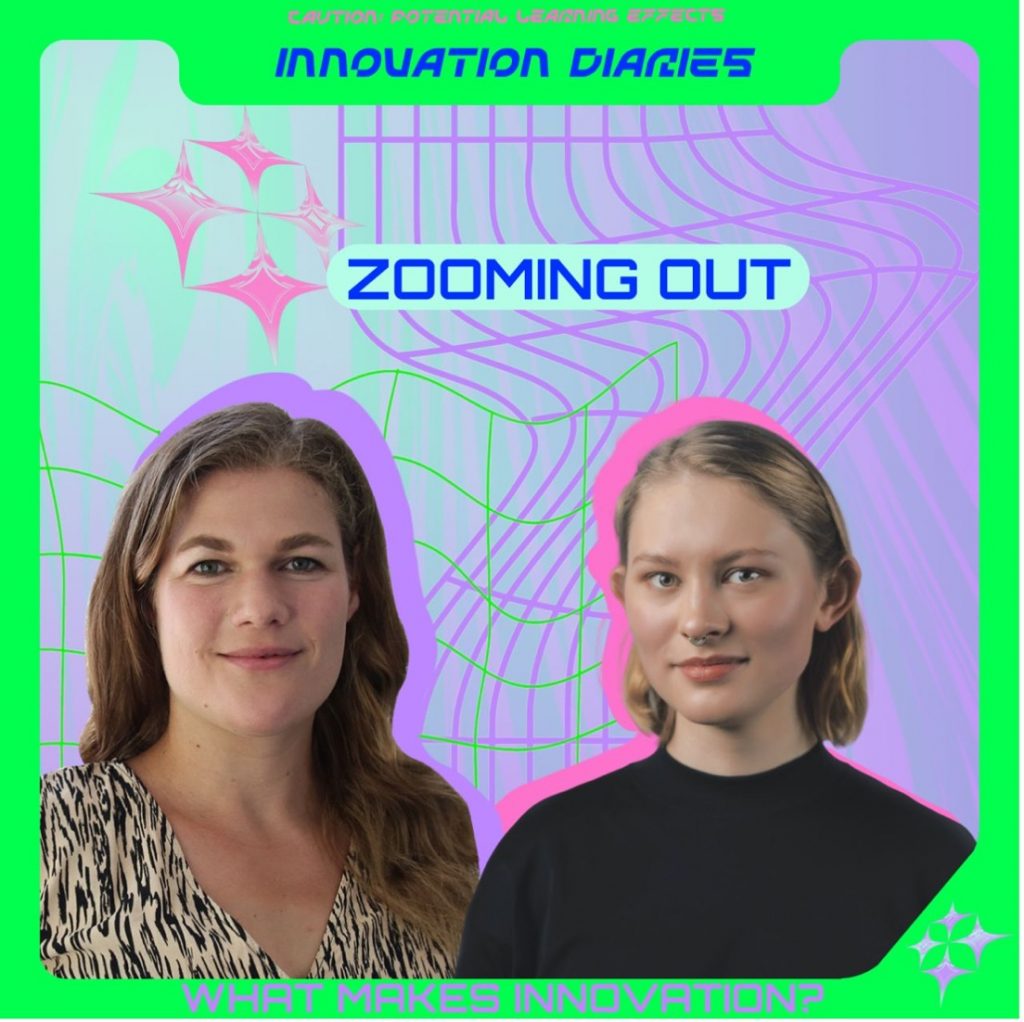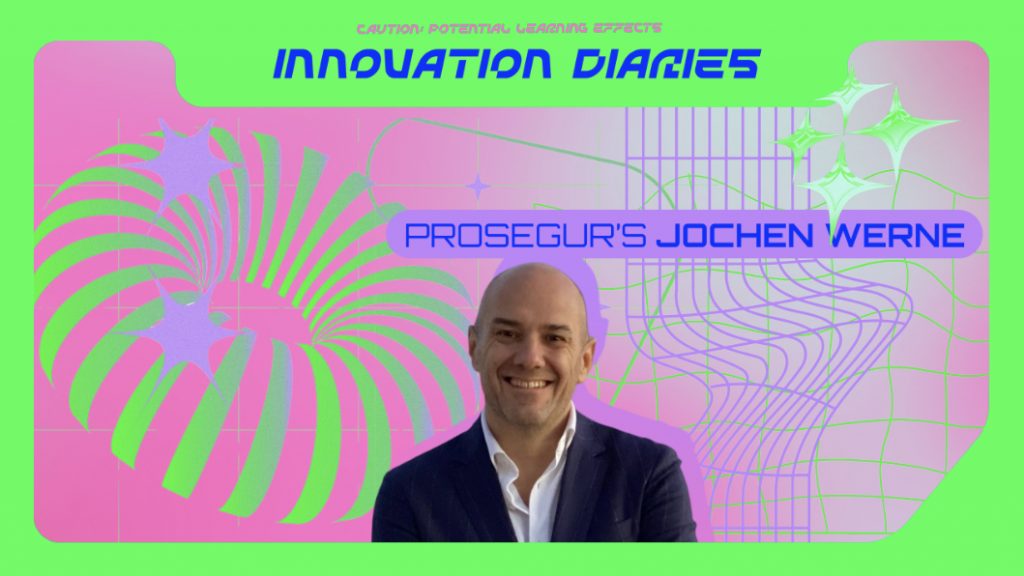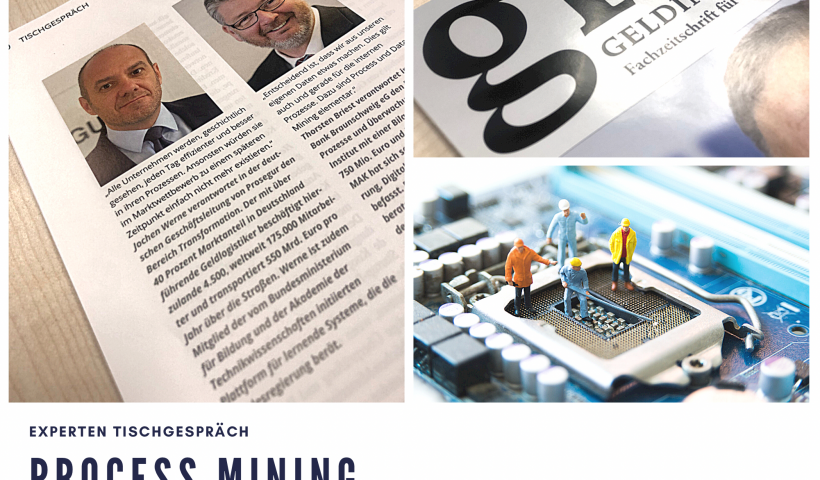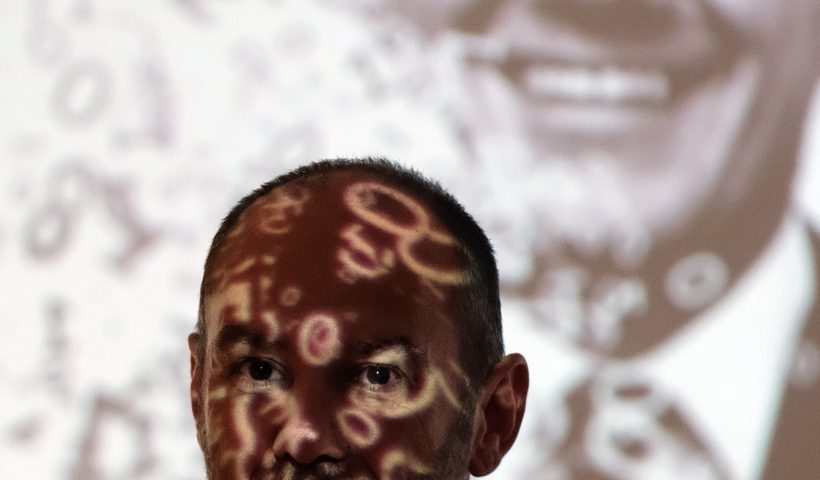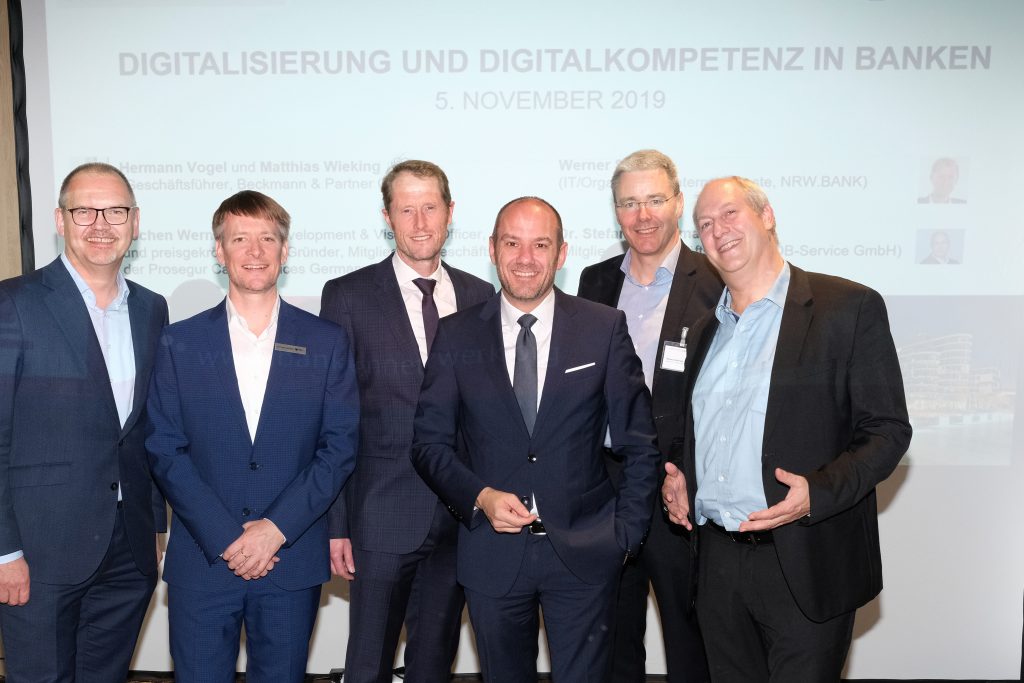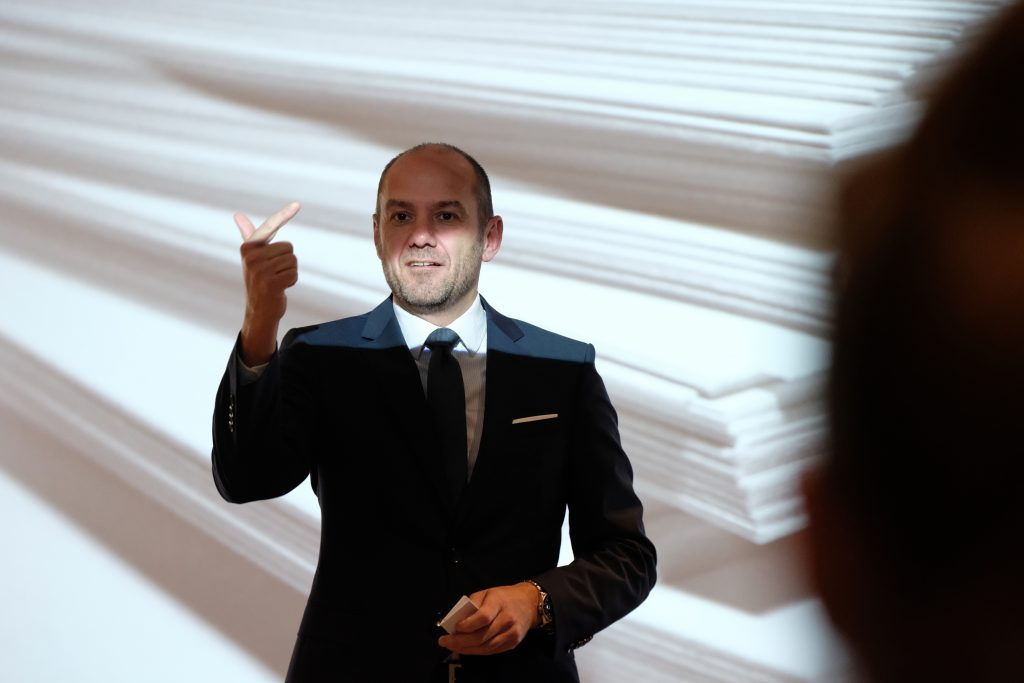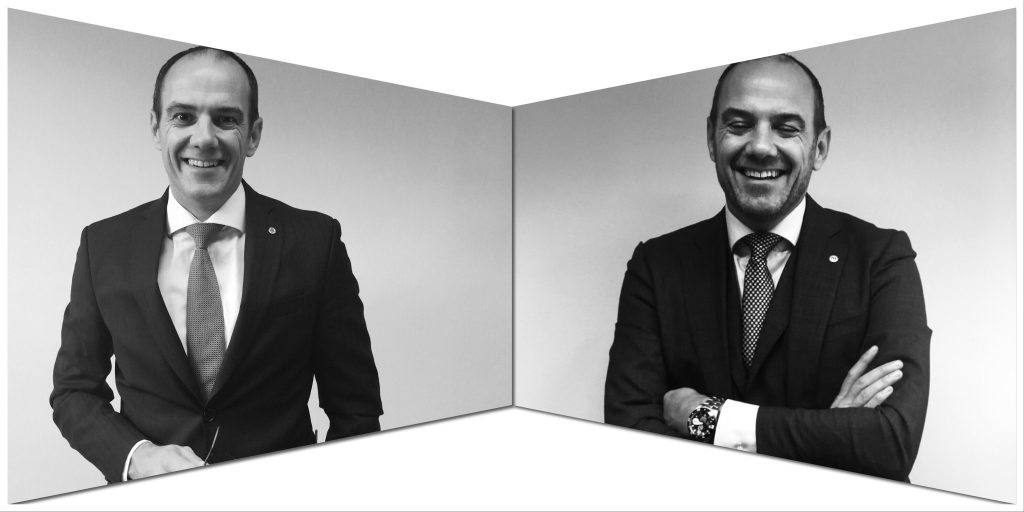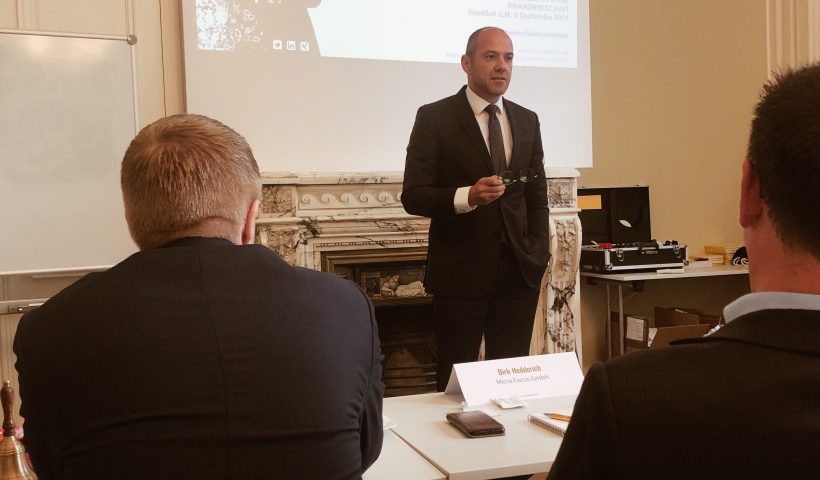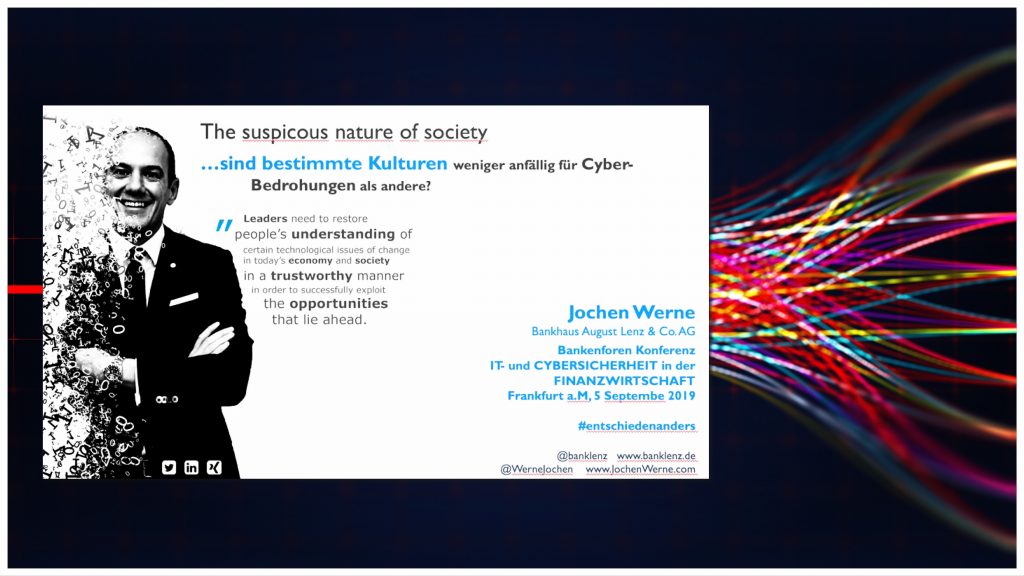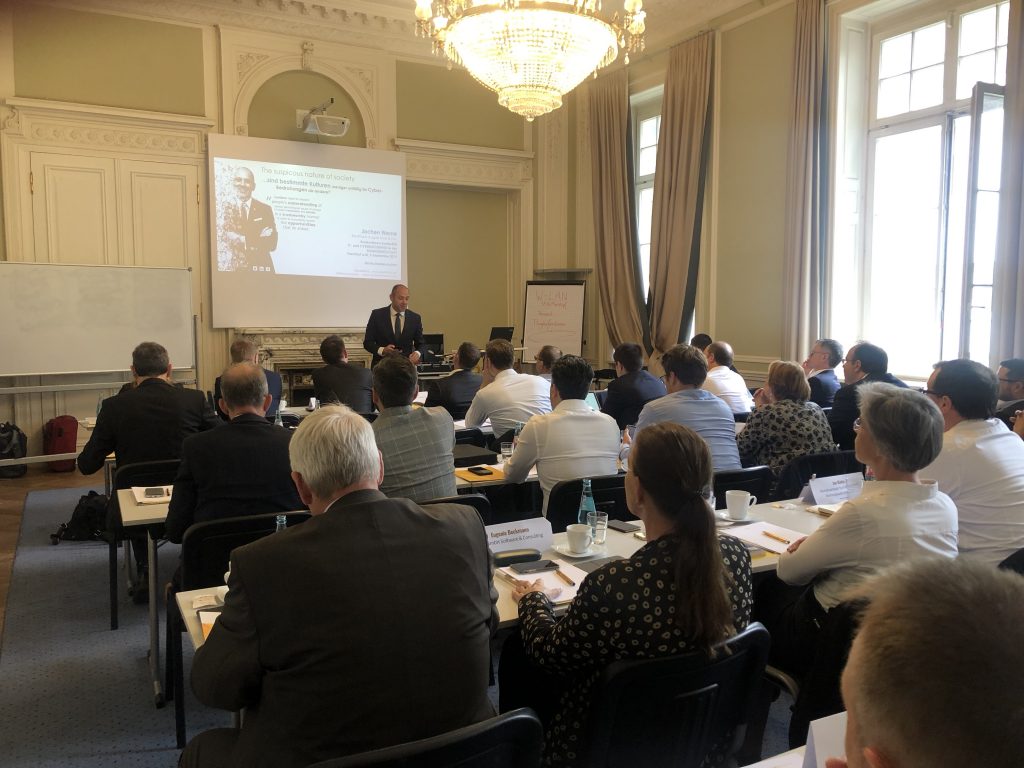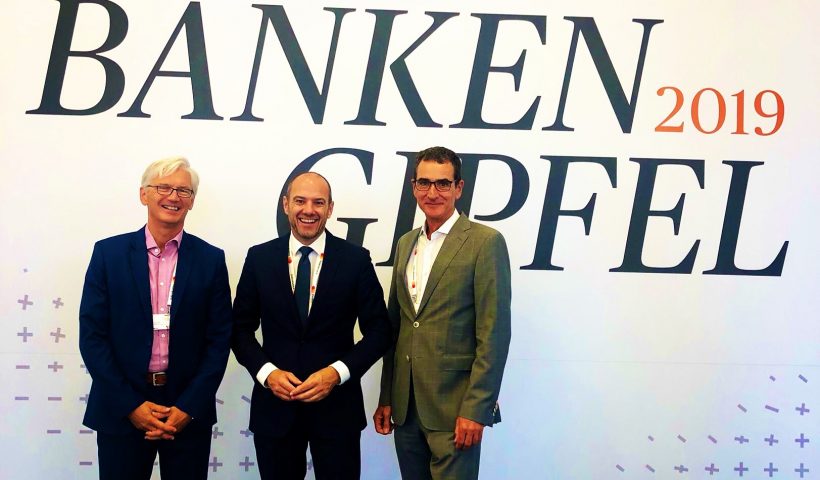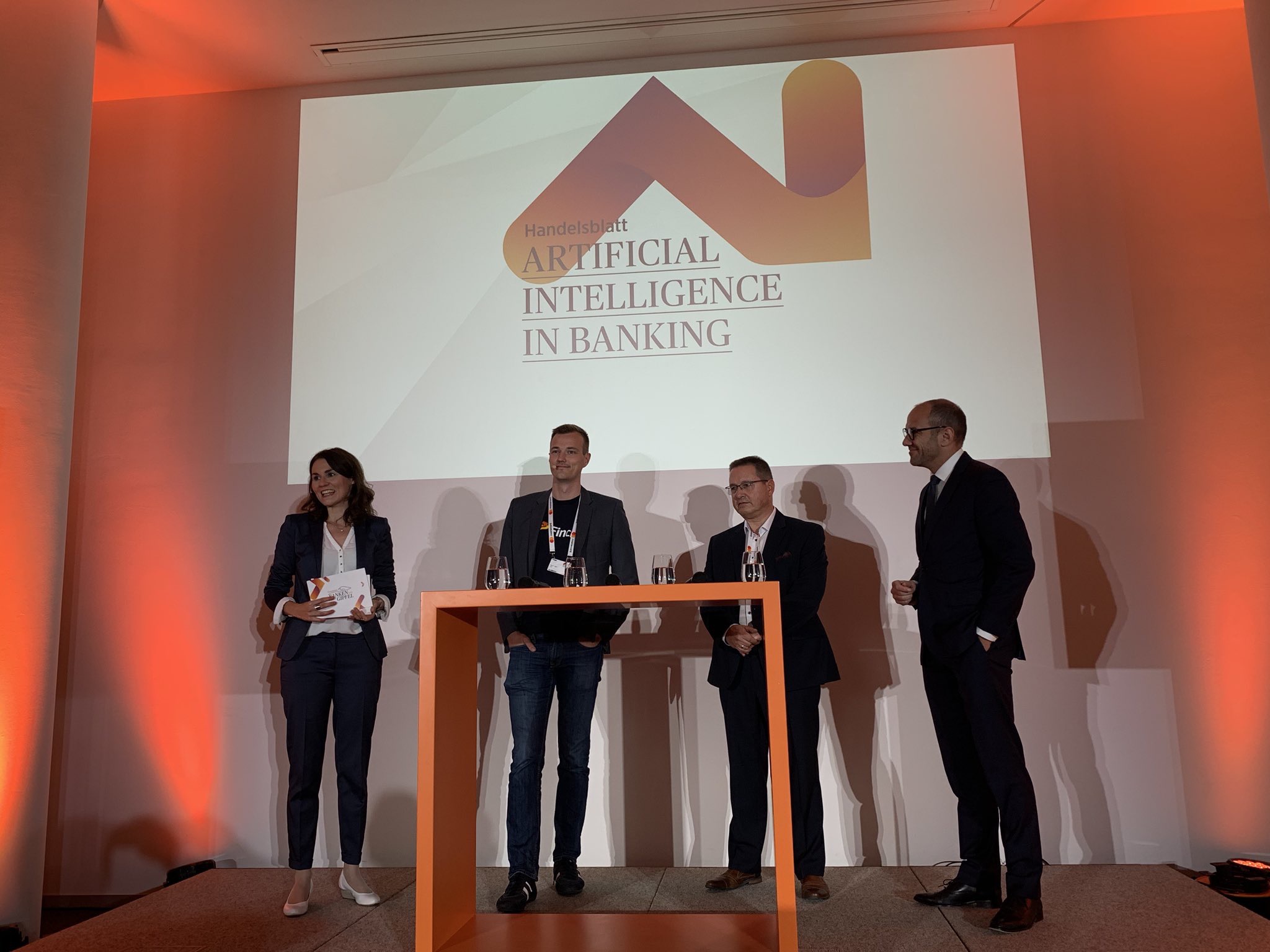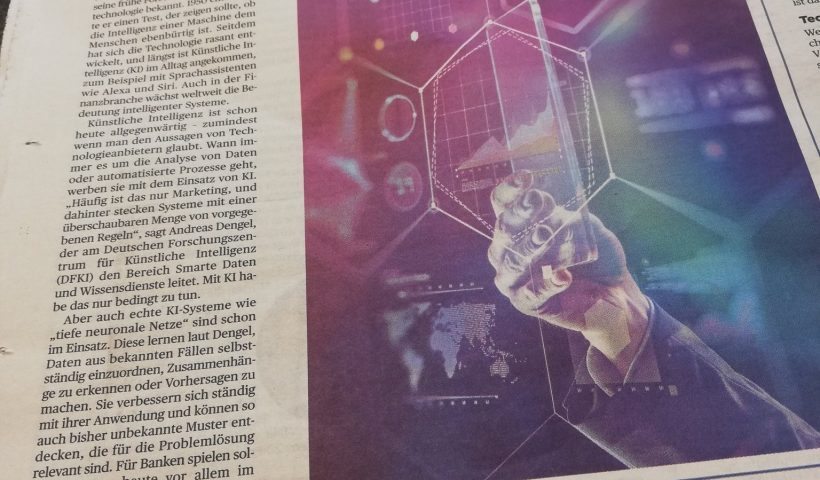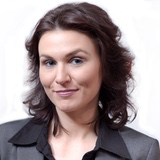After a challenging 2022 this year ends with HOPE due to a rally of technological innovation breakthroughs. Technological progress has the potential to help address many of the challenges facing the world today, including the energy crisis, the need for better education, and financial inclusion. Three of them shall be brought to your attention: 1. CLEAN ENERGY – Breakthrough in nuclear fusion technology; 2. EDUCATION – ChatGPT is changing the way to experience artificial intelligence; 3. PRIVACY & FINANCIAL INCLUSION – New compliant pathways for privacy and security in the blockchain-based financial ecosystem
Breakthrough in nuclear fusion technology
One area where technology is helping to address the energy crisis is through the development of nuclear fusion as a potential source of clean, abundant energy. Nuclear fusion is a process in which atomic nuclei combine to release energy, and it has the potential to provide a virtually limitless source of energy with low carbon emissions. While significant progress has been made in developing fusion technology, it is still in the early stages of development and has not yet been fully commercialized. However, the potential for nuclear fusion to help address the energy crisis makes it a promising area of research and development.

In December 2022 the National Ignition Facility (NIF) has successfully sparked a fusion reaction that released more energy than went into it. Even though there’s still a long way to go toward fusion as a clean energy source, this step can be considered as a major step forward.
READ MORE ABOUT THIS BREAKTHROUGH IN THIS FUSION TECHNOLOGY MARATHON
ChatGPT changes the way you experience artificial intelligence
ChatGPT, also known as OpenAI’s GPT-3 Chatbot API, is a natural language processing (NLP) tool developed by OpenAI. It is based on the GPT-3 model, which is a large, advanced AI language model that is capable of generating human-like text.

Overall, ChatGPT is changing the way we experience and interact with AI by making it easier to build and deploy chatbot applications that can understand and respond to user input in a natural, human-like way.
ChatGPT can be used to build chatbots and other NLP applications that can understand and respond to user input in a natural, human-like way. It is designed to be easy to use and integrate into existing systems, allowing developers to quickly build and deploy chatbot applications without the need for extensive training data.
One advantage of ChatGPT is its ability to understand and respond to a wide range of inputs and topics. It is trained on a large dataset of text and has the ability to generate coherent and contextually appropriate responses to a variety of inputs. This can make it a useful tool for building chatbots and other NLP applications that need to handle a wide range of queries and topics.
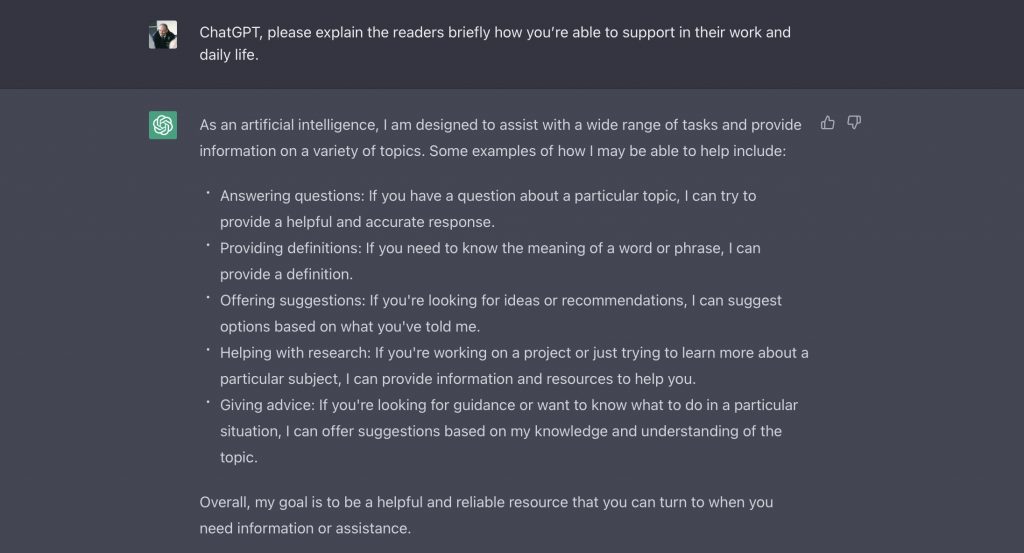
(Text has been created by ChatGPT)
CHALLENGE ChatGPT YOURSELF AND BE AMAZED. FIND OUT MORE HERE
New compliant pathways for privacy and security in the blockchain-based financial ecosystem
Innovation in blockchain privacy can bring a number of advantages to the financial ecosystem, particularly in terms of increasing the security and confidentiality of transactions. By combining this innovation with a 100% collateralized stablecoin, it is possible to create a more secure and stable digital currency that can be used for a wide range of financial transactions.

One advantage of using a 100% collateralized coin is that it is pegged to a specific asset, such as a fiat currency or commodity, which helps to stabilize its value and reduce price volatility. This can make it more attractive to users, as it reduces the risk of loss due to price fluctuations. The German Digital Cash GmbH just announced to have issued the first 100% compliant, central-bank-money-backed, Made in Germany, Euro-coin on UniSwap, called Digital Cash Euro (DCEUR). READ MORE ON THE DCEUR HERE

In terms of privacy, a blockchain-based stablecoin that incorporates innovative privacy features can help to protect the confidentiality of transactions by making it more difficult for outsiders to track and monitor them. This can be particularly useful for financial institutions and individuals.
Researchers from German crypto blockchain-based payments fintech etonec and other organizations have proposed using zero-knowledge proofs to ensure regulatory compliance and privacy in stablecoins. They have created a design that allows fiat-based stablecoins to be used like cash, within limits.
Dr. Jonas Gross, states on December 15, 2022 to CoinTelegraph: “How can privacy for digital payments be preserved, while ensuring stability and regulatory compliance? In this feasibility study co-authored by @etonec_gmbh, @MinaFoundation, @Privatbank1796, and @SnT_uni_lu we show how it can be done.“ FIND THE THE FULL STUDY HERE
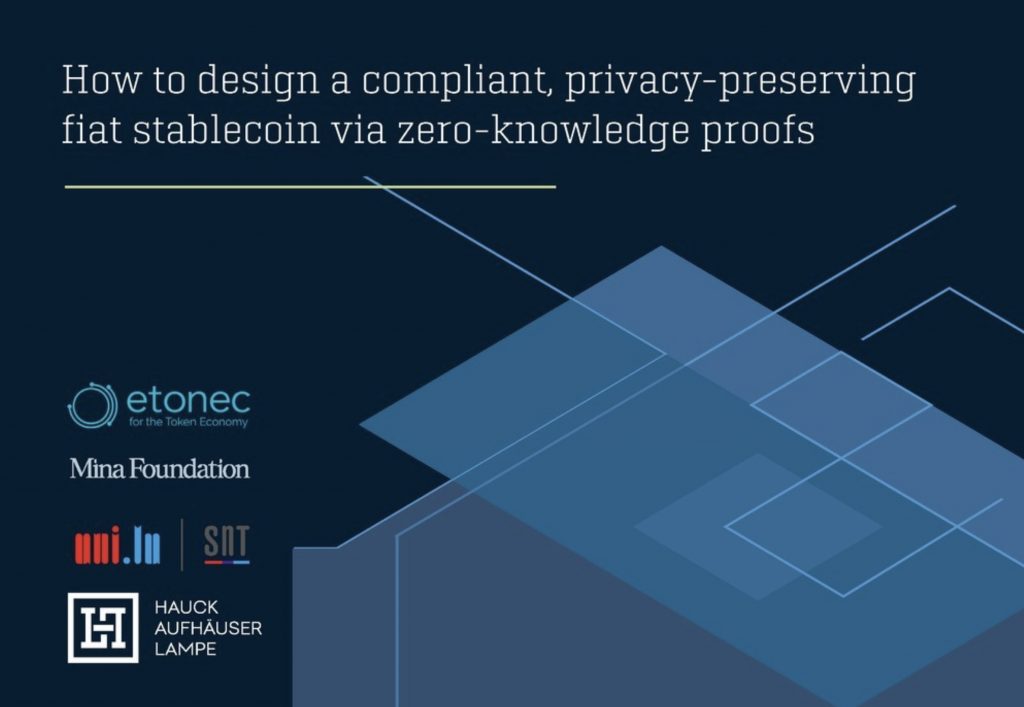
Overall, the combination of a 100% collateralized stablecoin with innovative privacy features can bring a number of benefits to the financial ecosystem, including increased security, stability, and confidentiality.
Conclusion
Overall, technological progress has the potential to help address many of the challenges facing the world today, and it will likely continue to play a crucial role in finding solutions to these problems in the future.
December 2022 seems to be a good month in this respect. A month that shall give hope.

